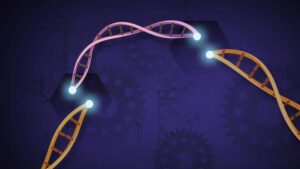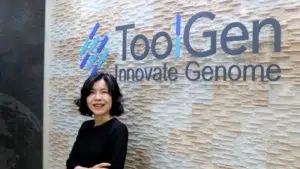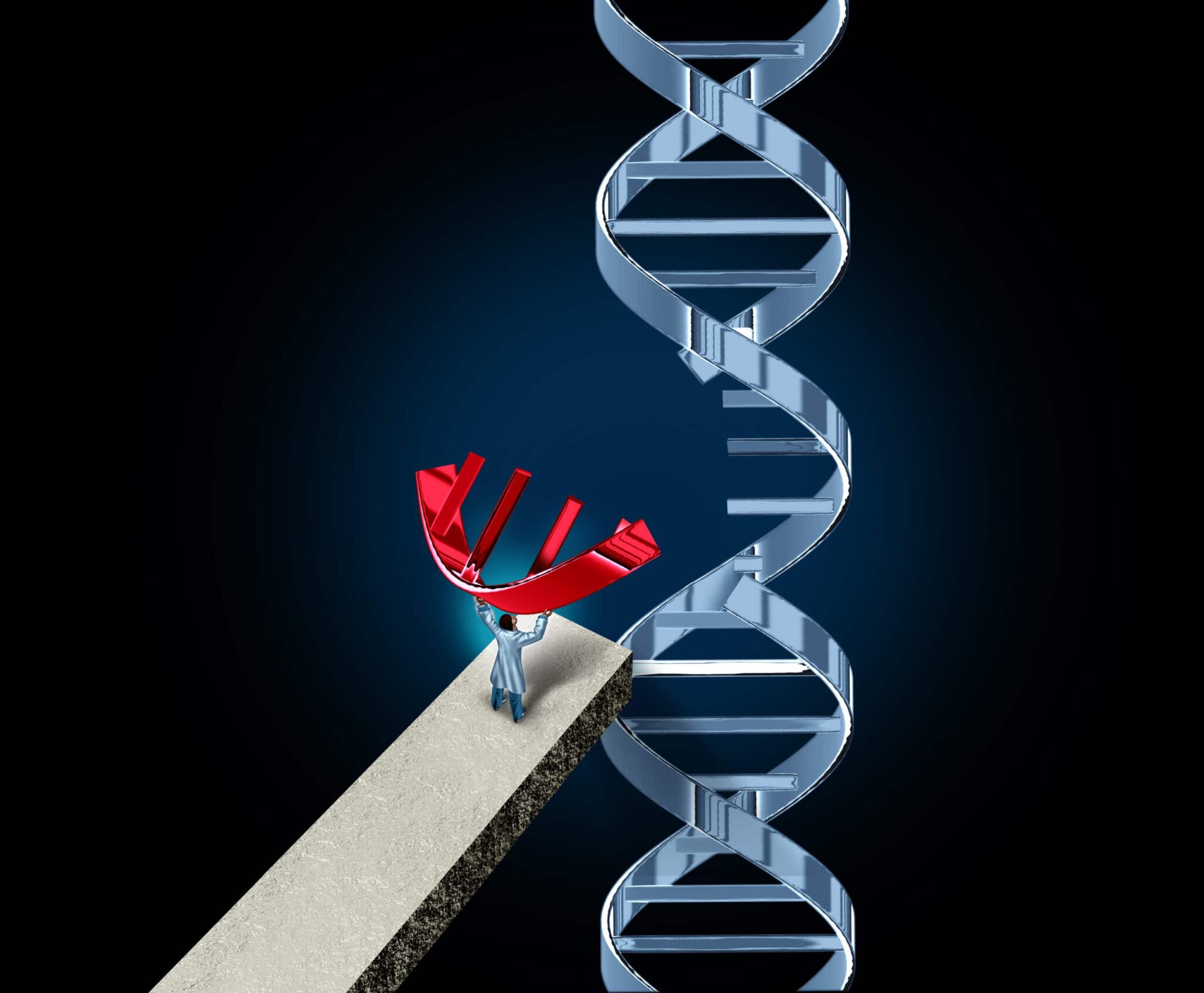DuPont Pioneer and the Donald Danforth Plant Science Center (Danforth Center) have entered into a multiyear public/private partnership, including licensing and research collaboration agreements. The goal is to jointly develop improved food security crops.
Under the terms of the agreement, Pioneer will provide the Danforth Center access to its intellectual property (IP), technology capabilities and scientific expertise related to methods for using CRISPR-Cas advanced plant breeding technology for creating new varieties of improved food security crops with enhanced native traits. Technology access includes developmental genes which facilitate the production of gene-edited plants. Pioneer is a business unit of the Agriculture Division of DowDuPont.
“When used in combination with some of DuPont Pioneer’s proprietary methodologies, CRISPR-Cas opens up so many possibilities for agricultural improvement that were previously unattainable,” says Neal Gutterson, vice president, research & development for DuPont Pioneer. “We’re excited to be working with scientists from the Danforth Center to put that promise into action for the benefit of farmers who need it the most.”
“The suite of technologies DuPont Pioneer is providing to the project is revolutionary,” says Nigel Taylor, Ph.D., associate member and Dorothy J. King Distinguished Investigator, Danforth Center. “Adapting it to cassava and other food security crops such as teff, sorghum and millets provides exciting new possibilities for enhancing food security, nutrition and economic stability for smallholder farmers and their families.”
Pioneer is applying CRISPR-Cas as an advanced plant breeding tool to develop seed products for greater environmental resiliency, productivity and sustainability. It has defined CRISPR-Cas guiding principles, which include helping enable others wanting to develop agricultural products using CRISPR-Cas. Pioneer previously announced the formation of a similar public/private partnership with the International Maize and Wheat Improvement Center (CIMMYT).
The Danforth Center is applying CRISPR-Cas technology to staple food crops such as cassava and sorghum to produce planting materials with improved disease resistance, nutritional value and enhanced resilience to biotic stresses. Gene editing also is being employed as a powerful tool to increase understanding of the biology of these underserved, but vital crop plants. Through collaboration with African scientists, the Danforth Center is committed to delivering the benefits of gene editing to farmers and breeders in Africa. Combining developmental genes with CRISPR-Cas will significantly accelerate these efforts.













